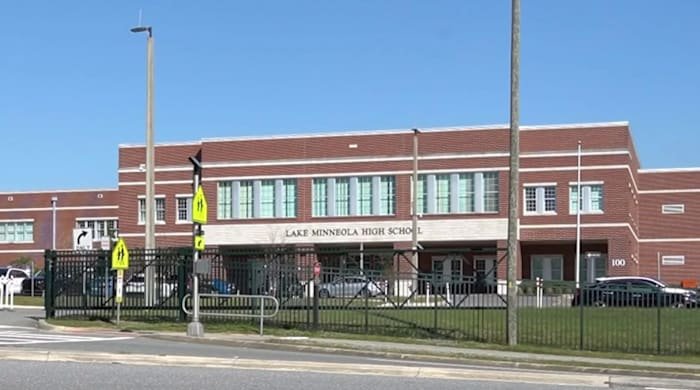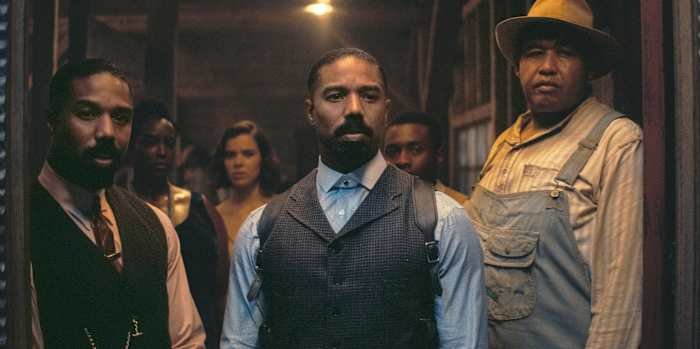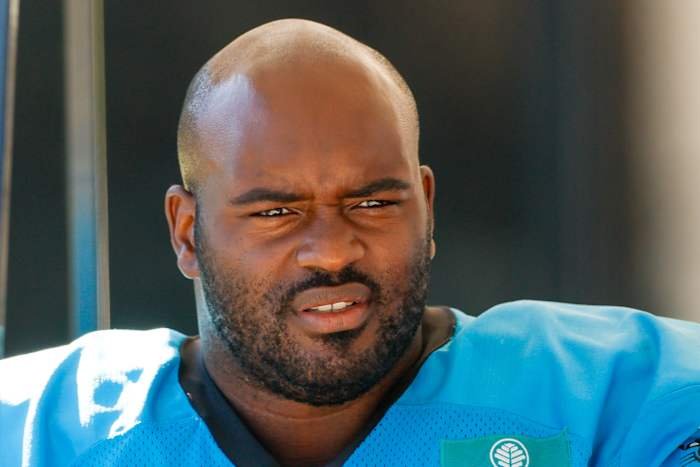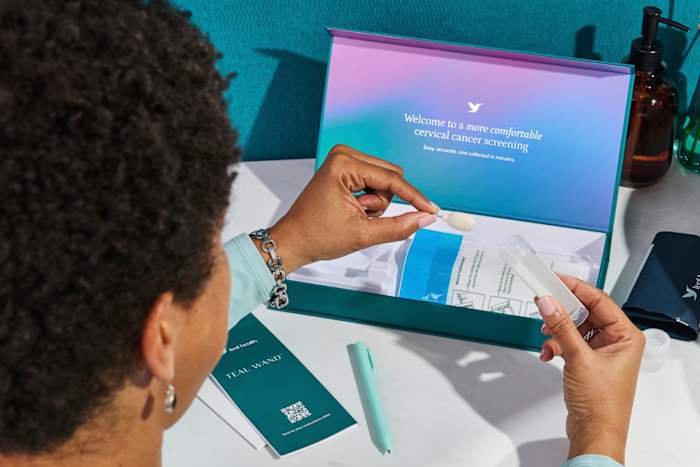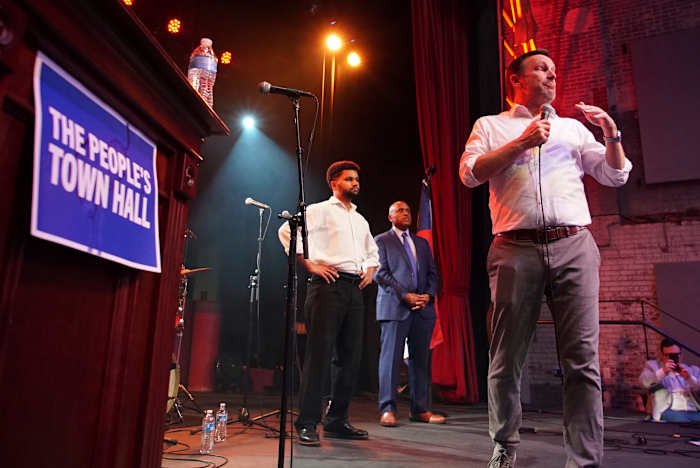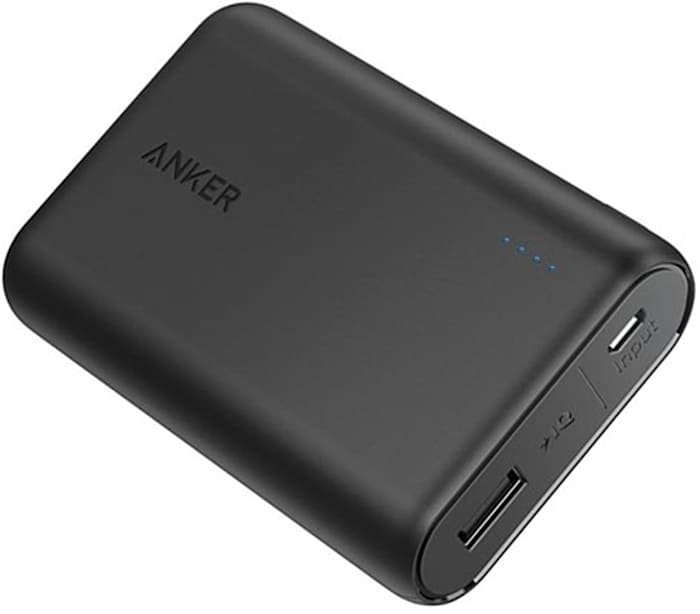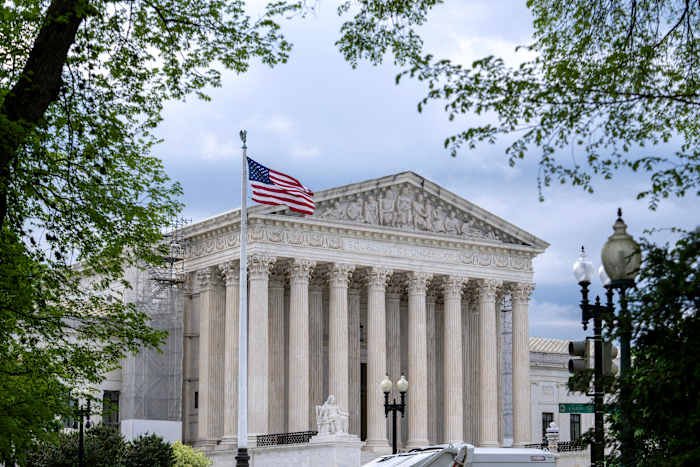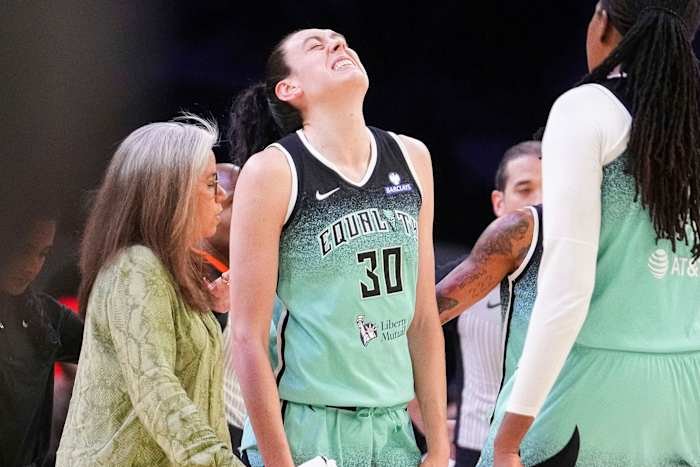Concussions are a common yet often misunderstood injury, especially in active communities like Orlando. Whether you’re a parent of a young athlete, a weekend sports enthusiast, or just concerned about your health after a fall, you may wonder: Is a concussion actually a traumatic brain injury (TBI)? This post aims to clear up the confusion, shed light on the science, and discuss the impact of concussions right here in Central Florida.
Understanding Concussions: What Happens in the Brain?
A concussion occurs when a sudden blow, jolt, or bump to the head causes the brain to move rapidly back and forth inside the skull. This movement can stretch and damage brain cells, leading to chemical changes and temporary disruption of normal brain function. Symptoms of a concussion can include headaches, dizziness, confusion, memory problems, and sometimes loss of consciousness.
While concussions are sometimes called “mild” brain injuries, there’s nothing minor about the impact they can have, especially if not treated properly. In Orlando, where contact sports, theme parks, and busy roadways are part of daily life, the risk of experiencing a concussion is higher than you might think.
Concussion vs. Traumatic Brain Injury: Are They the Same?
The short answer: Yes, a concussion is considered a form of traumatic brain injury (TBI). TBIs are classified based on the severity of the injury—mild, moderate, or severe. A concussion falls on the mild end of this spectrum, but it is still a genuine brain injury with real risks and potential complications.
According to the Centers for Disease Control and Prevention (CDC), any disruption in normal brain function caused by an external force—including a concussion—qualifies as a traumatic brain injury. This means that prompt diagnosis and appropriate management are crucial, even if the symptoms seem mild at first.
Concussion Risks in Orlando: Sports, Recreation, and Everyday Life
Living in Orlando means access to year-round outdoor activities, youth sports leagues, and bustling attractions. While this is great for an active lifestyle, it also increases the risk of head injuries, especially for children and teenagers.
- Youth Sports: Orlando’s vibrant sports scene, from high school football to youth soccer, sees its fair share of concussions. Coaches and trainers are increasingly being trained to recognize the signs of brain injuries and respond appropriately.
- Theme Parks: Orlando’s world-famous theme parks bring joy to millions, but also potential hazards like slips, falls, and even ride-related injuries. Park operators and local hospitals are always alert for signs of concussion, especially during peak tourist seasons.
- Traffic Accidents: With busy roads and growing populations, motor vehicle accidents remain a leading cause of traumatic brain injuries in the region. Even low-speed collisions can result in concussions.
Local organizations, such as the Orlando Health Brain Injury Program, offer resources for concussion prevention, emergency care, and rehabilitation to help residents and visitors recover safely.
Recognizing and Treating Concussions: What Orlando Residents Need to Know
Recognizing a concussion isn’t always easy. Some symptoms may appear immediately, while others can develop hours or even days later. Common signs include:
- Headache or pressure in the head
- Nausea or vomiting
- Balance problems or dizziness
- Confusion, memory loss, or difficulty concentrating
- Fatigue, irritability, or mood changes
If you suspect a concussion, Orlando health experts recommend seeking medical attention right away, especially if the injured person experiences loss of consciousness, repeated vomiting, or severe confusion. Rest and gradual return to normal activities are key parts of recovery, and local hospitals are equipped to provide specialized evaluation and guidance.
For parents, coaches, and teachers, the CDC’s “HEADS UP” initiative provides valuable information on concussion prevention and safe return-to-play protocols, which many Orlando schools and leagues have adopted.
Prevention and Community Awareness in Orlando
Preventing concussions is a community effort. Orlando’s schools, sports organizations, and healthcare providers are working together to raise awareness and promote safety measures, such as:
- Enforcing helmet use in sports and cycling
- Educating coaches and athletes about proper techniques and recognizing injury signs
- Improving playground and recreational facility safety
- Encouraging seatbelt use and safe driving habits
Orlando’s commitment to brain health is evident in ongoing education campaigns, support groups, and research at local medical centers. Residents are encouraged to participate in community events, such as safety fairs and concussion awareness seminars, to stay informed and protect themselves and their loved ones.
Conclusion: Stay Informed and Share Your Thoughts
So, is a concussion considered a traumatic brain injury? Absolutely. Even though concussions are






